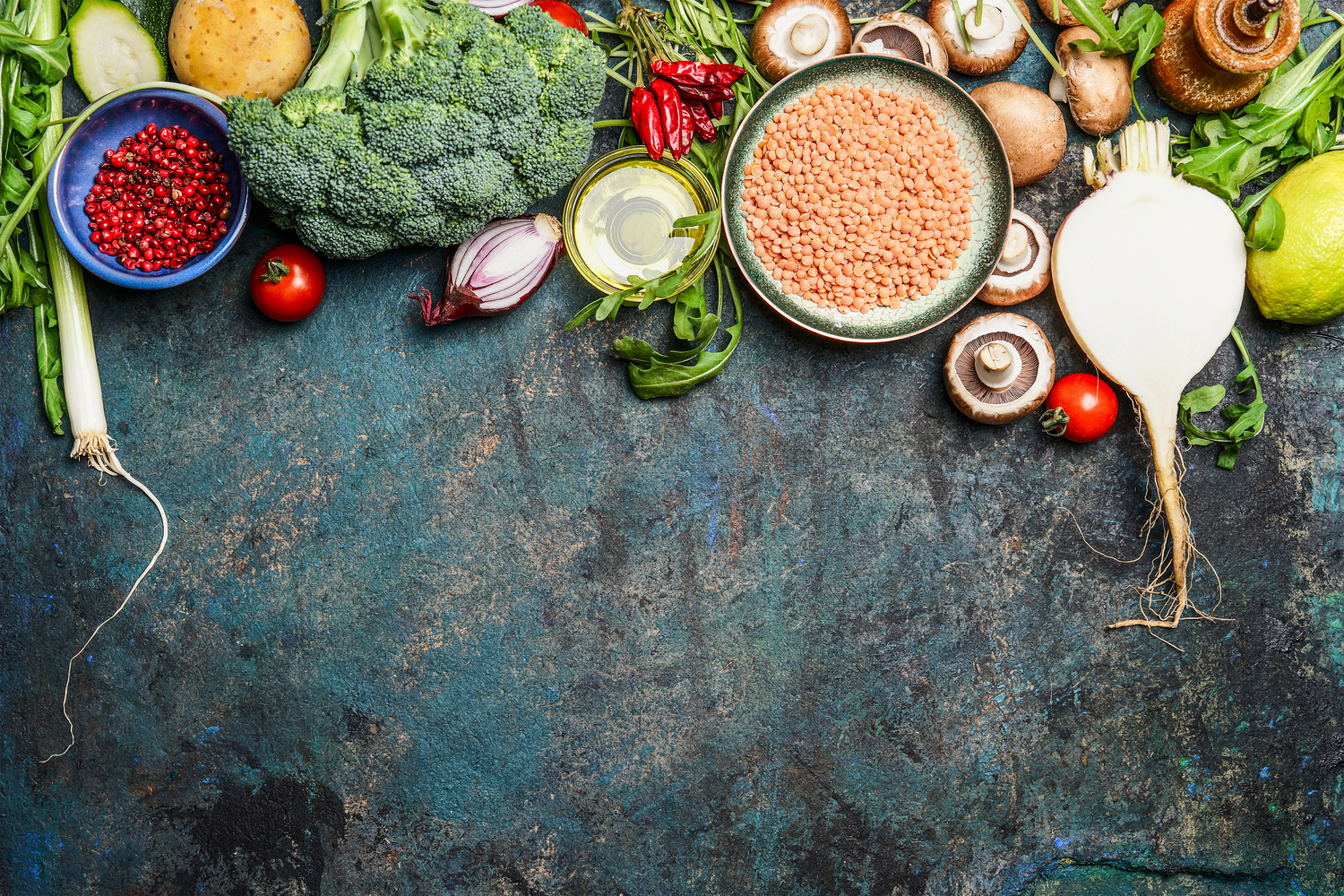Healthy Food Items That Promote Mental Health
“Every time you eat or drink, you are either feeding disease or fighting it” — a quote by Heather Morgan, MS, NLC, is enough to suggest how important it is to eat consciously. Your diet has a significant impact on your mental and physical wellbeing. Therefore, self-care, which is an essential part of treating depression, should vastly include the right diet that would promote mental wellbeing. While diet is an important factor, self-care also includes incorporating a healthy sleep cycle and daily necessary physical activities.

Over the years, medical science has provided enough overwhelming evidence supporting the benefits of a healthy diet and lifestyle on physical and mental health. This also suggests that the reason behind feeling “low” or “gloomy” on certain days could be due to a lack of certain nutrients and vitamins.
Moving on, let us discuss healthy food options you can include in your diet that will help you fight depression efficiently.
Fresh fruits
The word “fresh” is enough to indicate that it’s important to consume only freshly plucked or ripened fruits. This means you should avoid packaged fruit juices. The consumption of fruits boosts mental and physical health. You must also be aware of the right fruits that you should consume. You can either surf the net or consult your nutritionist about the right time and way to consume fruits that would reap best results.
Berries
You can replace your unhealthy snacks with strawberries, blueberries, blackberries, and raspberries. This change will increase the antioxidants content in your body. It not only assists in combating inflammation and repairing cells but also helps in reducing symptoms linked with anxiety and depression.
Whole grains
Whole grains are a rich source of an amino acid called tryptophan that promotes the production of serotonin in the body. Serotonin is also popularly known as the “feel-good hormone” that helps in calming the mind, maintaining a steady sleep cycle, and improving mood.
Yogurt
Yogurt is an active ingredient in recipes used for an upset stomach. It can also be consumed to boost mental health and fight depression. Probiotics available in yogurt helps in lowering stress, anxiety, and depression thereby improving a person’s overall mental health.
Walnuts
Another way to snack healthy is by consuming walnuts and other nuts. A handful of walnuts every day will help your brain remain active. Walnuts are a rich source of antioxidants and they even lead to the growth of new neurons (brain cells), which is essential in maintaining good mental health.
Leafy green vegetables
Leafy green vegetables are a popular recommendation of doctors, nutritionists, and even therapists for their amazing mental and physical health benefits. Daily servings of leafy green vegetables like spinach, collard greens, and kale slow the rate of cognitive decline.
Beans
You might not like consuming beans. But this food item consists of fiber and antioxidants that keep the blood sugar in the body stable. This helps the body burn more energy, which is great for mental health. Beans also contain an essential vitamin—thiamine—that promotes the production of acetylcholine, the neurotransmitter essential for memory.
Foods to be avoided
Just adding healthy foods to your diet is not enough. To boost mental health and fight depression, you need to replace everything that’s unhealthy with healthy food items. Therefore, avoid packaged foods, sugar, processed food, butter and processed meats like bacon to ensure a holistic healthy diet.
If you want to improve your mental health, start with being aware of what you eat every day. You can start by making a note of everything that you consume, including candies, evening snacks, and side meals. Upon analyzing your eating habits, you will realize the changes your existing diet needs to be considered healthy.















